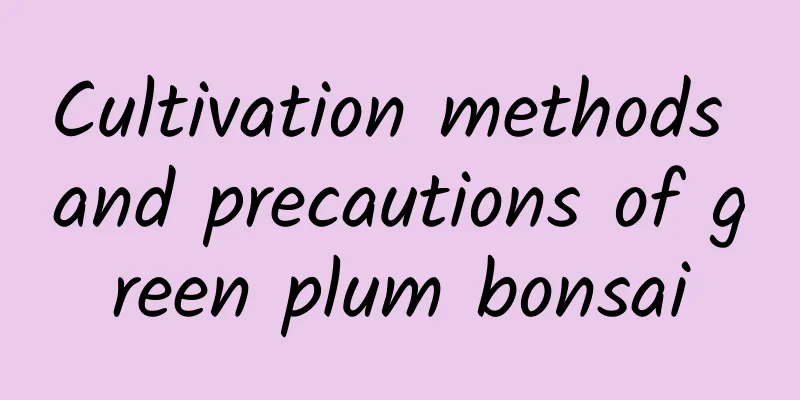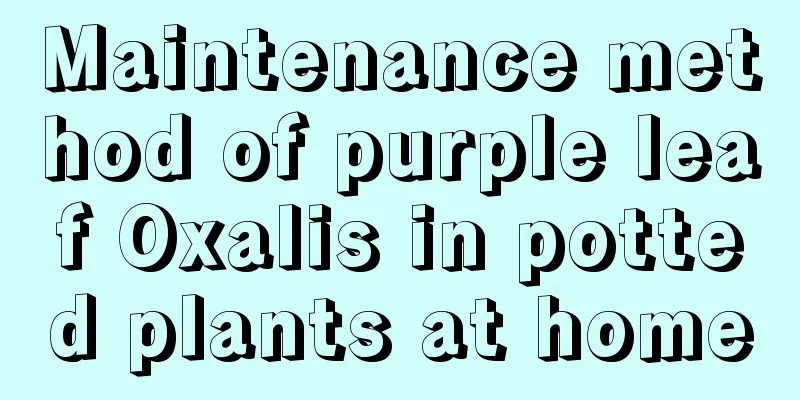How to make soil acidic

Determine the pH of your soilThere are two simple ways to test soil even if you already have flowers and plants growing in it. Method 1To use the vinegar and baking soda test, take two portions of the same soil and place them in a cup. Add vinegar and baking soda to each portion and observe whether the soil fizzes. If the soil bubbles when vinegar is added, it is alkaline, and if baking soda bubbles when added, it is acidic. Method 2At a relatively high cost, you can purchase a home pH test kit. Just test it according to the instructions. Identifying soil typesThis step is different from determining the pH of your soil, but it is a very important one. The type of soil you have will determine the soil acidification method you should use. Loose soilThis can be distinguished by the naked eye. For soils with good drainage and looseness, the acidification process will be much simpler because there is a large amount of organic matter in the soil that can be decomposed during the acidification process. Clay soilThe soil is heavy and compact, making it difficult to acidify. The acidification process requires increasing organic matter in the soil, but this practice sometimes increases rather than decreases alkalinity. Soil acidification methodsAcidification of loose soilTo acidify this type of soil, organic matter is the best choice. Organic matter acidifies the soil as it decomposes, but it takes a lot of application to lower the pH. Here are some good organic materials for you to consider using: peat moss, composted oak leaves, compost, and manure. Compacted soil acidificationMixing organic matter into dense soil can make the situation worse because the soil will retain more water, increasing its alkalinity level. Therefore, the safest approach is to increase the acidity of soils with a high clay content using elemental sulfur or iron sulfate: Work sulfur into the soil before planting, the deeper the better. Use fertilizers containing ammonia, and focus on adding ammonia when applying base fertilizer, which is beneficial to soil acidification. Acidification of soil where flowers and plants are grownIf you have already planted flowers and plants in the soil, you must fully consider the growth of the plants while acidifying the soil. The simplest way is to supplement the sulfur element. The most commonly used is ferrous sulfate, which can be sprinkled directly in the flowerpot. It can not only increase the fertility of the soil, but also acidify the soil, killing two birds with one stone. One thing to note here is that you should not add vinegar to the flower pot casually. Although vinegar can change the acidity and alkalinity of the soil in a short period of time, because the change is too radical, it will kill the organisms in the soil, unless you don't mind the plants dying. |
<<: How to propagate American mint
>>: Super practical lazy cutting method, survival rate 100%
Recommend
Four methods for accelerating germination of narcissus bulbs
Method for germination of narcissus bulbs Strip W...
How to grow Christmas cactus to get good flower shape and color?
Christmas cactus, also known as Christmas claw lo...
Cultivation methods and precautions of five-star flower
Farming methods Temperature: It prefers to grow i...
The efficacy and function of pearl bush
Medicinal effects Pearl bush is rich in fragrance...
The difference between Torreya grandis and Taxus chinensis
Main differences: Torreya grandis can grow up to ...
What kind of flower leaves can be wiped with beer
1. What flowers can be used Beer is rich in nutri...
Cultivation methods, growth rate and ecological value of plum blossom
1. Breeding methods 1. Potting soil: When growing...
How long does it take for black pine cuttings to take root?
Rooting time of black pine cuttings The best time...
How to plant mulberry seeds
1. Seed collection Fruits that can be used as see...
What is peat soil
Introduction Peat soil refers to flower growing s...
How to Plant Ranunculus Seeds
Germination time and temperature Ranunculus can b...
Do I need to soak peanut seeds when planting them?
Peanuts are one of the four major oil crops in th...
How to prune grapes after they bloom? When is the best time to prune the branches?
Grape pruning time The stems and vines of grapes ...
How long is the growing period of autumn cabbage?
How long is the growing period of autumn cabbage?...
How many pounds of plum beans are produced per mu? What are the benefits and profits of planting one mu of plum beans?
Yield of Meidou per mu The plant of Meidou has a ...









